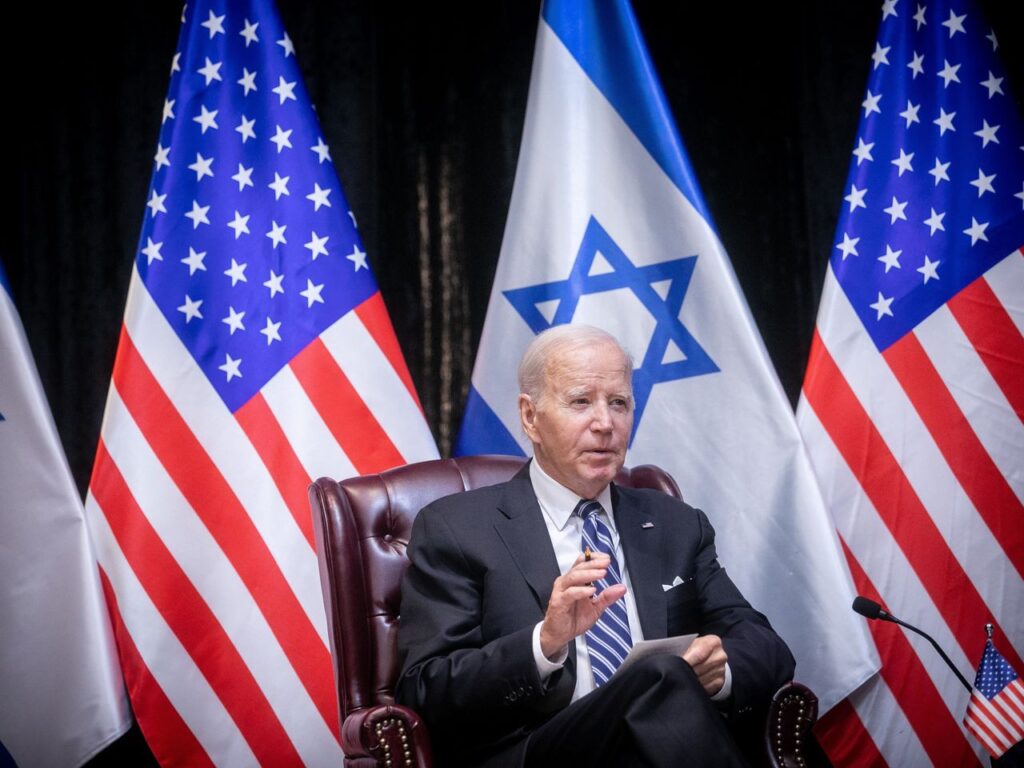
The submissions to the memo provide the most extensive picture to date of the divisions inside the State Department over whether Israel might be violating international humanitarian law in Gaza.
Some senior U.S. officials have told Secretary of State Antony Blinken that they do not think Israel is using weapons supplied to the Middle Eastern country by their government in accordance with international humanitarian law.
According to an internal State Department memo reviewed by Reuters, a joint submission from four bureaus raised “serious concern over non-compliance” with international humanitarian law during Israel’s prosecution of the Gaza war.
Other officials upheld support for Israel’s representation.
Under a National Security Memorandum (NSM) issued by President Joe Biden in February, Blinken must report to Congress by May 8 whether he finds credible Israel’s assurances that its use of U.S. weapons does not violate U.S. or international law.
By March 24, at least seven State Department bureaus had sent in their contributions to an initial “options memo” to Blinken. Parts of the memo, which has not been previously reported, were classified.
The submissions to the memo provide the most extensive picture to date of the divisions inside the State Department over whether Israel might be violating international humanitarian law in Gaza.
“Some components in the department favored accepting Israel’s assurances, some favored rejecting them and some took no position,” a U.S. official said.
The assessment from the four bureaus- Democracy Human Rights & Labor; Population, Refugees and Migration; Global Criminal Justice and International Organization Affairs, said Israel’s assurances were “neither credible nor reliable.”
It cited eight examples of Israeli military actions that the officials said raise “serious questions” about potential violations of international humanitarian law.
These included repeatedly striking protected sites and civilian infrastructure; “unconscionably high levels of civilian harm to military advantage”; taking little action to investigate violations or to hold to account those responsible for significant civilian harm and “killing humanitarian workers and journalists at an unprecedented rate.”
The assessment from the four bureaus also cited 11 instances of Israeli military actions the officials said “arbitrarily restrict humanitarian aid,” including rejecting entire trucks of aid due to a single “dual-use” item, “artificial” limitations on inspections as well as repeated attacks on humanitarian sites that should not be hit.
Another submission to the memo reviewed by Reuters, from the bureau of Political and Military Affairs, which deals with U.S. military assistance and arms transfers, warned Blinken that suspending U.S. weapons would limit Israel’s ability to meet potential threats outside its airspace and require Washington to re-evaluate “all ongoing and future sales to other countries in the region.”
Any suspension of U.S. arms sales would invite “provocations” by Iran and aligned militias, the bureau said in its submission, illustrating the push-and-pull inside the department as it prepares to report to Congress.


